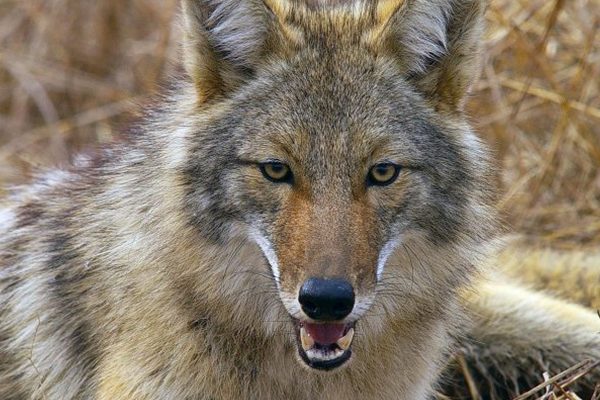By KATHY KRAMER
Contributor
Below is the list of the upcoming workshops coordinated by the Bringing Back the Natives Garden Tour; register soon if you would like to attend, as these are filling.
The fall Native Plant Extravaganza will take place on Saturday, Oct. 26 at East Bay Wilds in Oakland, and Annie’s Annuals in Richmond. Details are below.
Saturday workshops:
Fall, 2019 workshops – led by the amazing Judy Adler
Gardening with Nature in Mind (ten more spaces) – Oct. 12 (Walnut Creek)
Gardening for Wildlife – Oct. 19 and 26 (Walnut Creek)
California Native Plant Propagation for Beginners – Nov. 2 and Nov. 9 (Walnut Creek)
These workshops will fill; register now to ensure your place.
Saturday, October 26, from 10:00-4:00 is the Fall Native Plant Extravaganza and Handcrafted Goods Fundraiser!
This shopping opportunity will offer native plant fans a good selection of native plants at the best time of year to plant them. The Extravaganza provides the opportunity to purchase unique or hard-to-find native plants that are not normally available in most nurseries. Knowledgeable staff will be on hand to help shoppers select the best plants for their gardens.
A percentage of all sales made on Saturday, October 26 will go to support the Bringing Back the Natives Garden Tour.
Heard about the massive decline in bird populations, and wondering what you can do to help their comeback? See this website, 3 Billion Birds but, in a nutshell, you can help by taking these seven simple actions to help birds. Here is a summary of four of them:
1) Make your windows safer by installing screens, film, paint, or spaced hanging strings.
2) Keep cats indoors (or create a ‘catio’ that keeps cats healthy and birds safe) – Cats are estimated to kill more than 2.6 billion birds annually in the U.S. and Canada. This is the #1 human-caused reason for the loss of birds, aside from habitat loss. Here are six ways to keep your indoor cat happy.
3) Replace lawn and non-native ornamental plants with native plants that provide food, shelter, and nesting areas for native birds – Oaks, willows, California lilac, manzanita, sages, lupines, currants, our native rose and strawberry, ocean spray, snowberry, buckwheats, goldenrod, asters, coyote brush, yarrow, gum plant, and hedge nettle (among others) are powerhouse plants that attract butterflies and moths, which lay the caterpillars that baby birds depend upon for their food source. Purchase your native plants on Sat. Oct. 26, during the Native Plant Extravaganza, and percentage of the proceeds from your purchase will benefit the Tour. Check out CalScape.org to find out what native plants are local to your area. Find designers who specializes in native plant gardens here.
4) Avoid pesticides – More than 1 billion pounds of pesticides are applied in the United States each year – The continent’s most widely used insecticides, called neonicotinoids or “neonics,” are lethal to birds and to the insects that birds consume. Common weed killers used around homes, such as 2, 4-D and glyphosate (used in Roundup), can be toxic to wildlife, and glyphosate has been declared a probable human carcinogen.
Pesticides can birds can harm birds directly through contact, or if they eat contaminated seeds or prey. Pesticides can also harm birds indirectly by reducing the number of insects that birds need to survive.
A healthy choice for you, your family, and birds: Purchase organic food. Nearly 70% of produce sold in the U.S. contains pesticides. Reduce or eliminate the use of pesticides around your home and garden.

